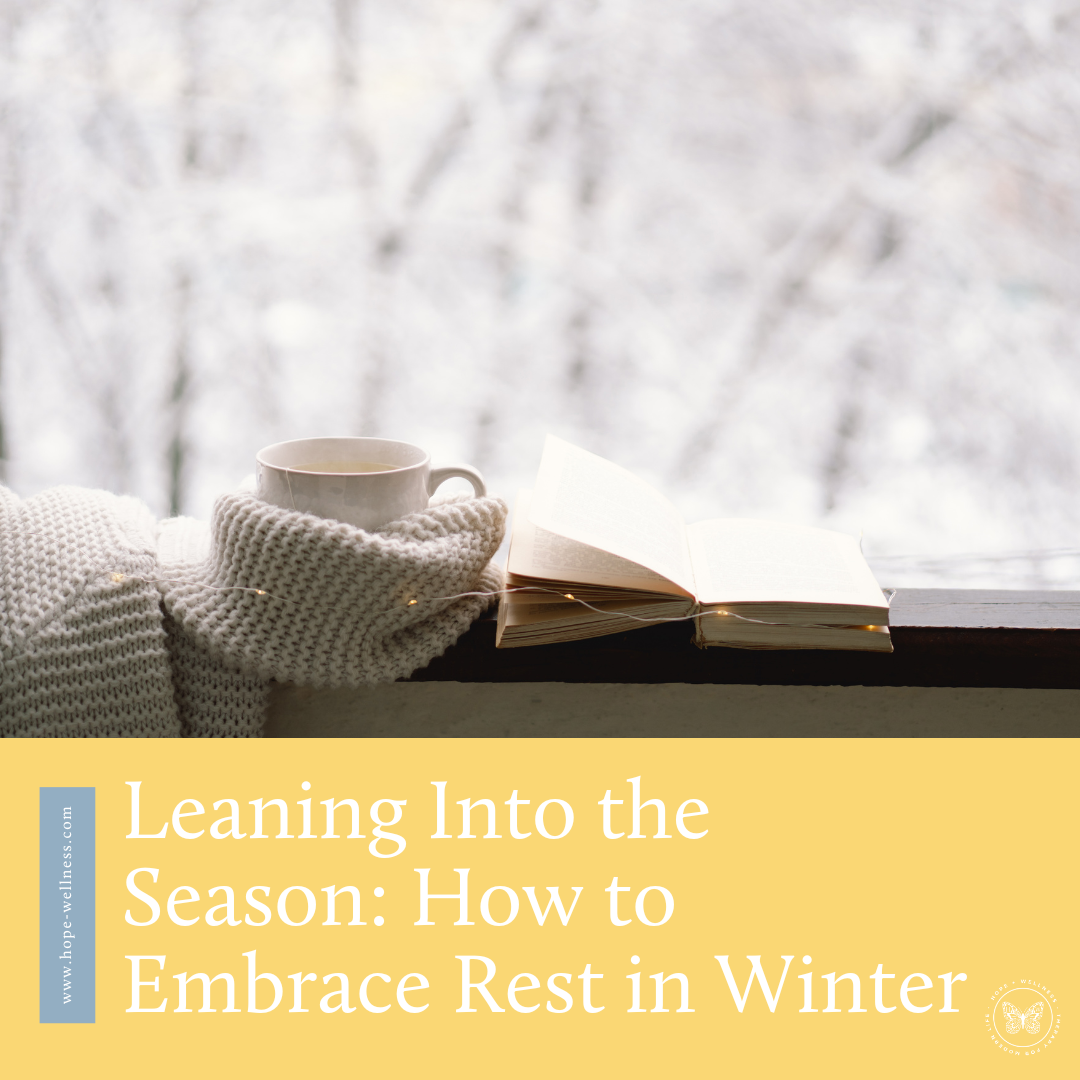Creating a Self-Care Toolkit for Mental Wellness in 2025
As 2024 is wrapping up, many of us are looking ahead and making plans for 2025.
What if one of those plans was to put together a self care toolkit for your mental health? Instead of starting the new year with pressure to meet goals that may not suit you for the whole year, why not start the year with something to fall back on when you need help getting through something tough?
Taking care of your mental health can feel overwhelming. Between work stress, relationship challenges,financial pressures, and the challenge of navigating an increasingly lonely world, it’s too much to expect that you can handle all of those feelings and challenges without support.That’s why we put together this toolkit–to be there to pick up the slack, and be the supportive friend you can turn to when 2025 starts to be just a little too much to manage on your own.
This toolkit isn’t about meeting external expectations or achieving someone else’s version of wellness. It’s about creating the practice of returning to tools and relying on support that honor your unique needs, values, and experiences.
To Challenge Perfectionism
Perfectionism can be hard to challenge, especially in today’s world where hustle culture and constant productivity are celebrated. And while it is a slow process, you can begin to challenge perfectionism with a simple practice of self compassion. While perfectionism likes to whisper to us that we’re not good enough no matter what we do or how much we accomplish, self compassion reminds you you’re good enough because you’re simply here. While perfectionism works to amplify our anxiety and keep us stuck in cycles of self-criticism, self compassion can help you escape that cycle. In 2025, try replacing the drive for self perfection with self-compassion.
Practice Imperfect Action: Allow yourself to do things well enough. Whether it’s sending that email without re-reading it five times or letting the laundry wait an extra day, try to take small actions that remind yourself that "good enough" is often good enough.
Speak Kindly to Yourself: Notice when your inner critic pipes up. Instead of berating yourself, try asking, "What would I say to a close friend in this situation?" Practice responding with that same kindness.For help on this, read our blog on "How to Quiet Your Inner Critic".
To Build Emotional Awareness
Learning to self-regulate our emotions is a lifelong practice, but one that can offer insight and compassion to how we show up in the world. When emotions feel overwhelming, it can be hard to know where to start. Journaling offers a safe space to process your thoughts and feelings without judgment. If you’re trying to work through big emotions, try these practices:
Daily Check-Ins: Spend 5-10 minutes writing about what’s on your mind. Ask yourself questions like, "How am I feeling today? What do I need right now?"
Body Connection Prompts: Tune into your physical self, too. Try questions like, "Where do I feel tension or ease in my body? What is my body trying to tell me?"
Remember, journaling isn’t about creating beautiful entries or solving all your problems—it’s about showing up for yourself. If you feel held back by self consciousness, practice ripping up or throwing away your entries after you write them–you’re not writing to preserve history, you’re writing to get curious about yourself.
To Reframe Your Relationship with Movement
Moving your body can be a powerful tool for connecting to yourself and managing anxiety and depression symptoms, but only when approached with care and respect. Exercise does not need to be about punishing yourself, changing your body, or meeting external goals–in fact, gentle movement is most beneficial for you when it’s motivated by a desire to meet your body’s needs, not to punish it for not being what you think you should be. Try to:
Find Joy in Movement: Focus on activities that feel good for you–both physically and emotionally. This might mean dancing in your living room, taking a walk to clear your mind, or stretching in a way that releases tension. You don’t need to join a gym or follow a strict schedule or work with a trainer. You just need to notice what’s happening within you to get curious about how to meet your body’s needs.
Listen to Your Body: Some days, rest is just as valuable as movement. Ask yourself, "What kind of movement feels supportive today?" Maybe the answer is a few deep breaths, and that’s okay.If you're exploring movement, let it be an act of care—not obligation.
Seek Support When You Need It
Despite how it sounds, self-care does not mean doing everything on your own. One of the most powerful acts of self-care is reaching out for support when you need it. Whatever you’re navigating, therapy can offer a space to process, heal, and grow.
Creating a Toolkit That Works for You
Your self-care toolkit doesn’t need to look like anyone else’s. Maybe yours includes journaling and quiet walks, while someone else’s includes movement, deep breathing, and or joining a hobby sports league. What matters is that your tools feel accessible, compassionate, and responsive to your needs.
Be gentle with yourself as you create a toolkit that nourishes your mental wellness.
If you’re ready to explore additional support, we’re here to help. Reach out to a therapist today to take the next step on your wellness journey.Contact Us to learn more about how we can support you.











We put together this toolkit to be there to pick up the slack, and be the supportive friend you can turn to when 2025 starts to be just a little too much to manage on your own. This toolkit isn’t about meeting external expectations or achieving someone else’s version of wellness. It’s about creating the practice of returning to tools and relying on support that honor your unique needs, values, and experiences.